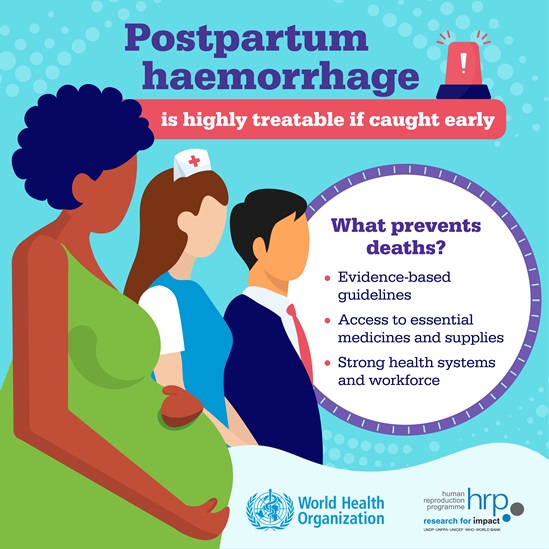Women's health
Being a man or a woman has a significant impact on health, as a result of both biological and gender-related differences. The health of women and girls is of particular concern because, in many societies, they are disadvantaged by discrimination rooted in sociocultural factors. For example, women and girls face increased vulnerability to HIV/AIDS.
Some of the sociocultural factors that prevent women and girls to benefit from quality health services and attaining the best possible level of health include:
- unequal power relationships between men and women;
- social norms that decrease education and paid employment opportunities;
- an exclusive focus on women’s reproductive roles; and
- potential or actual experience of physical, sexual and emotional violence.
While poverty is an important barrier to positive health outcomes for both men and women, poverty tends to yield a higher burden on women and girls’ health due to, for example, feeding practices (malnutrition) and use of unsafe cooking fuels (COPD).


/sexual-and-reproductive-health-and-research-(srh)/maternal-and-perinatal-health-(mph)/diabetes-in-pregnancy-can-pose-health-risks-for-both-the-mother-and-baby.tmb-549v.jpg?sfvrsn=b781f06_1)
/sexual-and-reproductive-health-and-research-(srh)/maternal-and-perinatal-health-(mph)/diabetes-management-should-be-integrated-into-routine-antenatal-care.tmb-549v.jpg?sfvrsn=7f4a3f0e_1)
/sexual-and-reproductive-health-and-research-(srh)/maternal-and-perinatal-health-(mph)/diabetes-affects-about-1-in-6-pregnancies.tmb-549v.jpg?sfvrsn=e9a44e90_1)


/sexual-and-reproductive-health-and-research-(srh)/beliefs-and-social-norms-opening-remarks-by-dr-pascale-allotey.tmb-549v.png?sfvrsn=f84ccdda_1)

